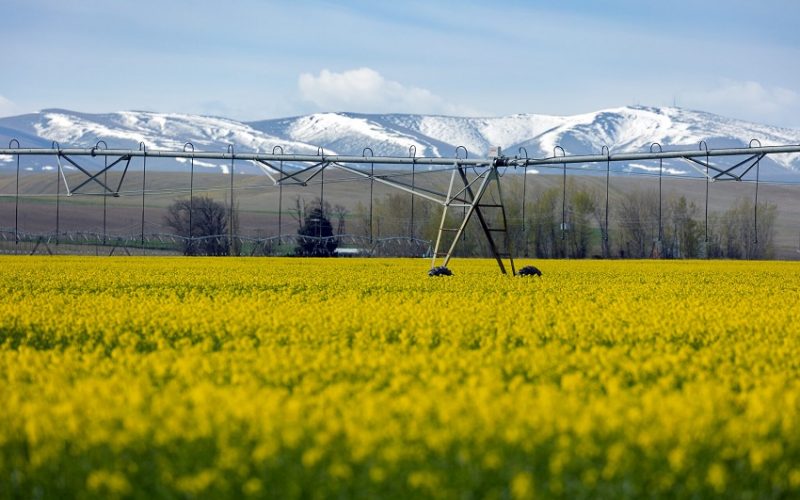SALEM, Ore. — With Oregon’s water supplies nearing their limits, state lawmakers are advancing a comprehensive set of reforms aimed at modernizing how water is managed and allocated across the state. The bipartisan effort, led by Reps. Ken Helm (D-Beaverton) and Mark Owens (R-Crane), is centered on a slate of bills designed to shift Oregon’s approach from reactive regulation to proactive management.
“We’re moving from a bias toward regulation to a bias toward management,” said Helm, chair of the House Agriculture, Land Use, Natural Resources and Water Committee. “All this stuff is moving in that direction.”
Helm and Owens are sponsoring six of at least nine water-related bills under consideration in the final month of the 2025 legislative session. Their focus includes permitting reform, improved water data collection, and more transparent systems for transferring and tracking water rights—key tools, they argue, for coping with climate-driven scarcity and a growing backlog of contested cases.
Currently, more than 220 disputed water rights sit unresolved with the Oregon Department of Water Resources (OWRD). Many of these cases involve basins that are already overdrawn or aquifers facing long-term depletion.
“We’ve learned we probably allocated too much water,” Owens said. “Bluntly, there’s not enough. There’s no more water, really, to hand out.”
Gov. Tina Kotek’s administration has also prioritized water policy reform. Two of her backed bills this session aim to bolster the state’s ability to respond to groundwater contamination and ensure environmental scrutiny is applied when existing water rights are transferred for new uses.
One of the more closely watched proposals is Senate Bill 427, introduced by Sens. Floyd Prozanski (D-Eugene) and Jeff Golden (D-Ashland). The bill would mandate environmental reviews for water rights transfers, closing what conservationists describe as a loophole that allows significant changes in water use without regard for ecological impact.
Supporters of the bill, including a coalition of nonprofits under the Oregon Water Partnership, say the change is long overdue. More than 300 letters of testimony have been submitted in support of SB 427, many citing threats to streamflow, water quality, and fish habitat.
“Without this bill, we risk further degradation of Oregon’s rivers and the ecosystems that depend on them,” said Kimberley Priestley, senior policy analyst at WaterWatch of Oregon.
Opponents, including the Eugene Water and Electric Board and the League of Oregon Cities, argue the bill adds unnecessary layers of bureaucracy. They claim municipal systems are already subject to stringent regulations and warn that OWRD lacks the staffing capacity to handle more environmental reviews.
“Before considering any changes to transfer statutes, we must first address critical improvements to the contested case process and overall efficiency within the department,” wrote the League in submitted testimony.
SB 427 has so far received a public hearing in the Senate Committee on Natural Resources and Wildfire. Lawmakers have yet to vote on the bill.
As Oregon confronts its hydrological limits, the outcome of this legislative session could reshape how water is governed in the state for decades to come.











